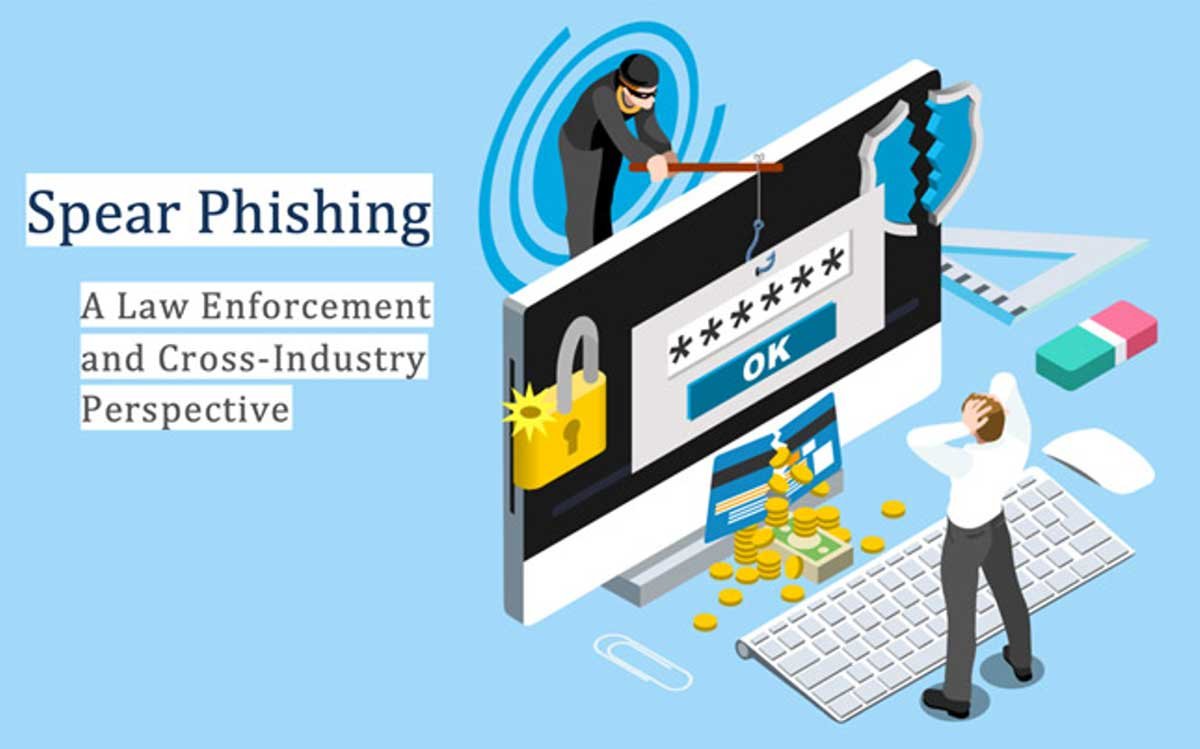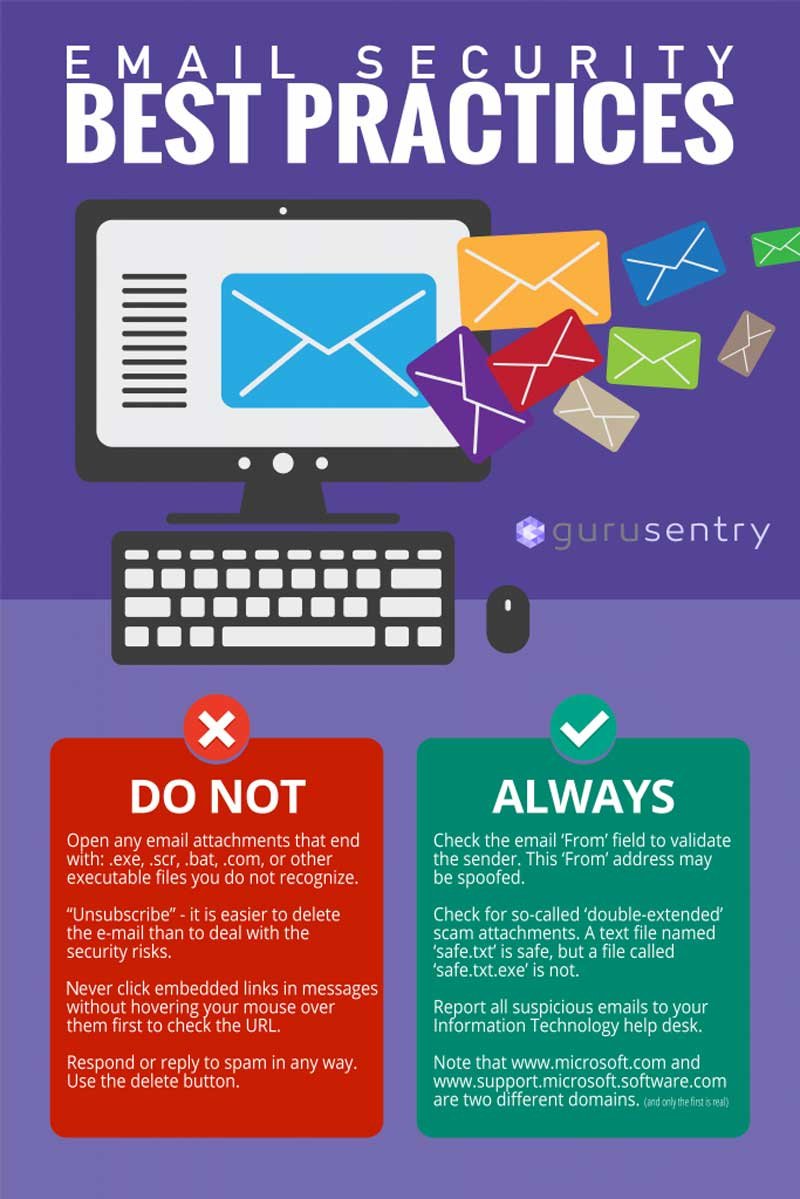Email threats are becoming increasingly common among enterprises, which has created a necessity for having a solid cybersecurity plan to protect valuable business and customer-related information.
Phishing campaigns are targeted at small and medium-sized enterprises, making them more vulnerable against such attacks. Thus, it has become more important to have the best email security practices for organizations to protect their business credibility and prevent substantial financial loss to their business.
- Why must email security be taken seriously?

Source: https://www.helpnetsecurity.com/2019/11/04/spear-phishing-eu/
Emails are an integral part of every organization, and they may be used to communicate with your employers, customers, or even prospects. Also, they provide an excellent opportunity to showcase your brand and products while notifying customers regarding your company’s latest offerings.
However, emails may be primarily targeted by hackers to steal sensitive information, including credit card details and bank account numbers, along with other private data. Nowadays, hackers use sophisticated means, including ransomware attacks, spyware, and phishing attacks to target business-related data.
As most of these cyberattacks are now carried out using emails, such as data breaches, on average, can cost over $1 million for each incident. Also, regulatory bodies may impose severe fines on companies for such cybersecurity attacks in case of employee or customer data exposure if they violate PCI or HIPAA norms.
There could be a loss of intellectual property where trade secrets, customer or research data, including patent information, could get into the wrong hands resulting in damage to your business reputation.
- Essential email security tips to protect your business data

Source: https://gadellnet.com/blog/email-security-best-practices
According to the Varonis data lab reports, 58% of the companies have around 100,000 folders exposed to everyone, including 41% of them have about 1000 sensitive files exposed to all. This can put organizations at a huge risk of losing data in the event of cyber-attacks.
Here are a few key measures that must be followed by all organizations to prevent data breaches:
- Invest in a secure email gateway
A secure email gateway may be the best defense in preventing rising cybercrime activities involving sending malware or malicious content. This could be useful in filtering incoming and ongoing emails and providing security warnings if any suspicious attachments may be found along with the messages.
It may also be helpful to have solid encryption using SSL certificates to secure messages that may contain sensitive or private information from being intercepted by hackers.
- Use strong passwords with multi-factor authentication.
It is essential to ensure that employees within your organization use safe and secure passwords and use a two-factor authentication system. They offer an extra layer of protection to your email, and this service may be availed from your email service providers as well.
This mechanism may be useful as there may be a code used to verify the users’ identity, making it difficult for hackers to access the password and tamper with the system.
- Keep a watch for phishing emails.
Phishing emails pose one of the biggest threats to every business as they may be used to target users with email fraud, asking them to provide their account details. It might be a good practice to scan email attachments for malicious links and questionable content.
Also, it may be useful to train the employees to identify phishing attempts and know-how to tackle such situations. Most security awareness vendors use training material to provide a phishing simulation that allows employees to recognize emails with malware or other attachments.
- Use anti-virus protection software.
It is necessary to implement anti-virus protection for all your work-related devices. It can prevent any ransomware or malware from being delivered through email that might threaten your other devices.
Most of the anti-virus solutions are designed to scan websites and files for any malicious content that can infect your system. Anti-virus software can be useful in reducing the threat occurring due to security breaches and provide an end-to-end security solution for enterprises.
File integrity monitoring is key for security administrators in understanding if any changes have been made to the system files, which could negatively impact the organization, including advanced phishing tactics or ransomware.
Conclusion
Email threats are becoming advanced every year. Organizations must recognize the signs of a data breach and use effective cyber security strategies by focusing on using smarter technology, increasing awareness, and providing security training to their employees to safeguard vital business data.
Overall, it is essential to remember that all organizations face a similar threat and need to be well prepared to reduce all possibilities of a data security breach within their organization.












Comments